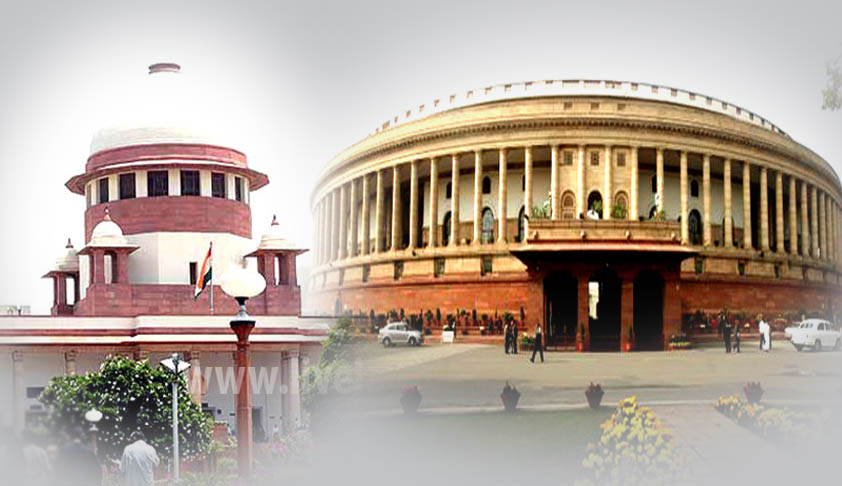Not Giving Primacy To CJI's Opinion On Appointments Does Not Make The Lokpal Act Unconstitutional: SC
Ashok.KM
27 April 2017 11:01 PM IST

Next Story
27 April 2017 11:01 PM IST
Whether the primacy should be accorded to Chief Justice of India or not is for the legislature to decide, the bench said.Dismissing the challenge against constitutionality of certain provisions of the Lokpal and Lokayuktas Act, the Supreme Court has held that the Constitution does not mandate that in all matters concerning the appointment to various offices in different bodies, primacy must...
